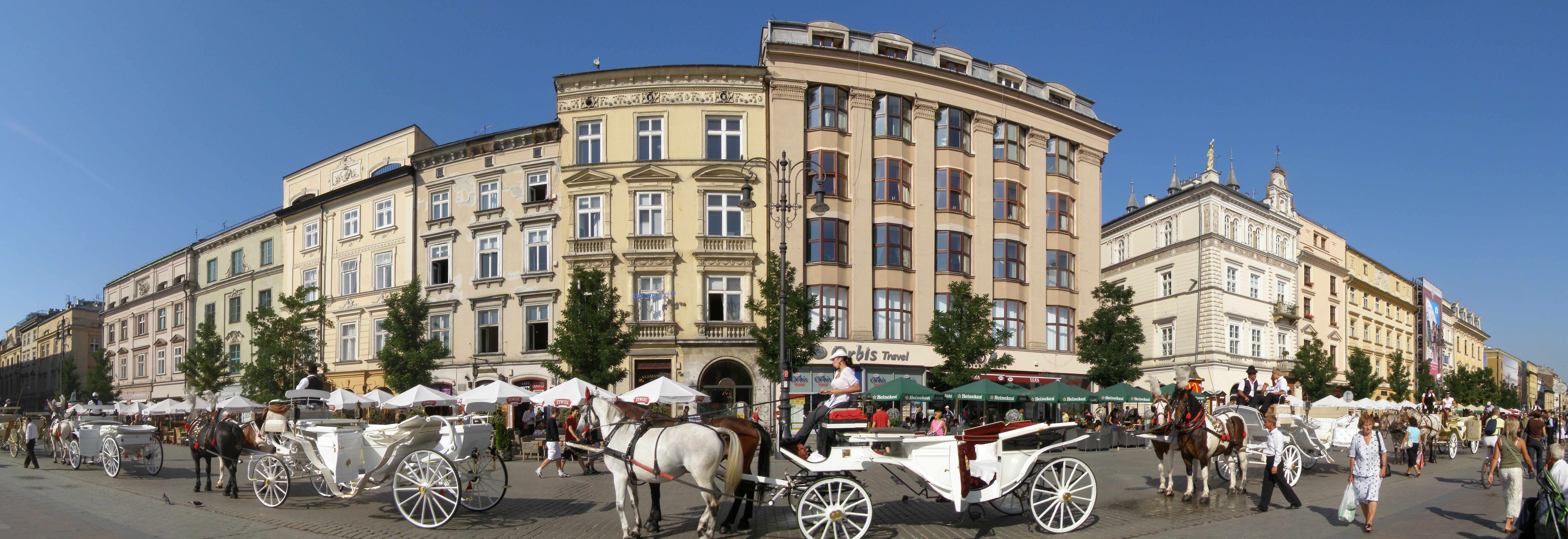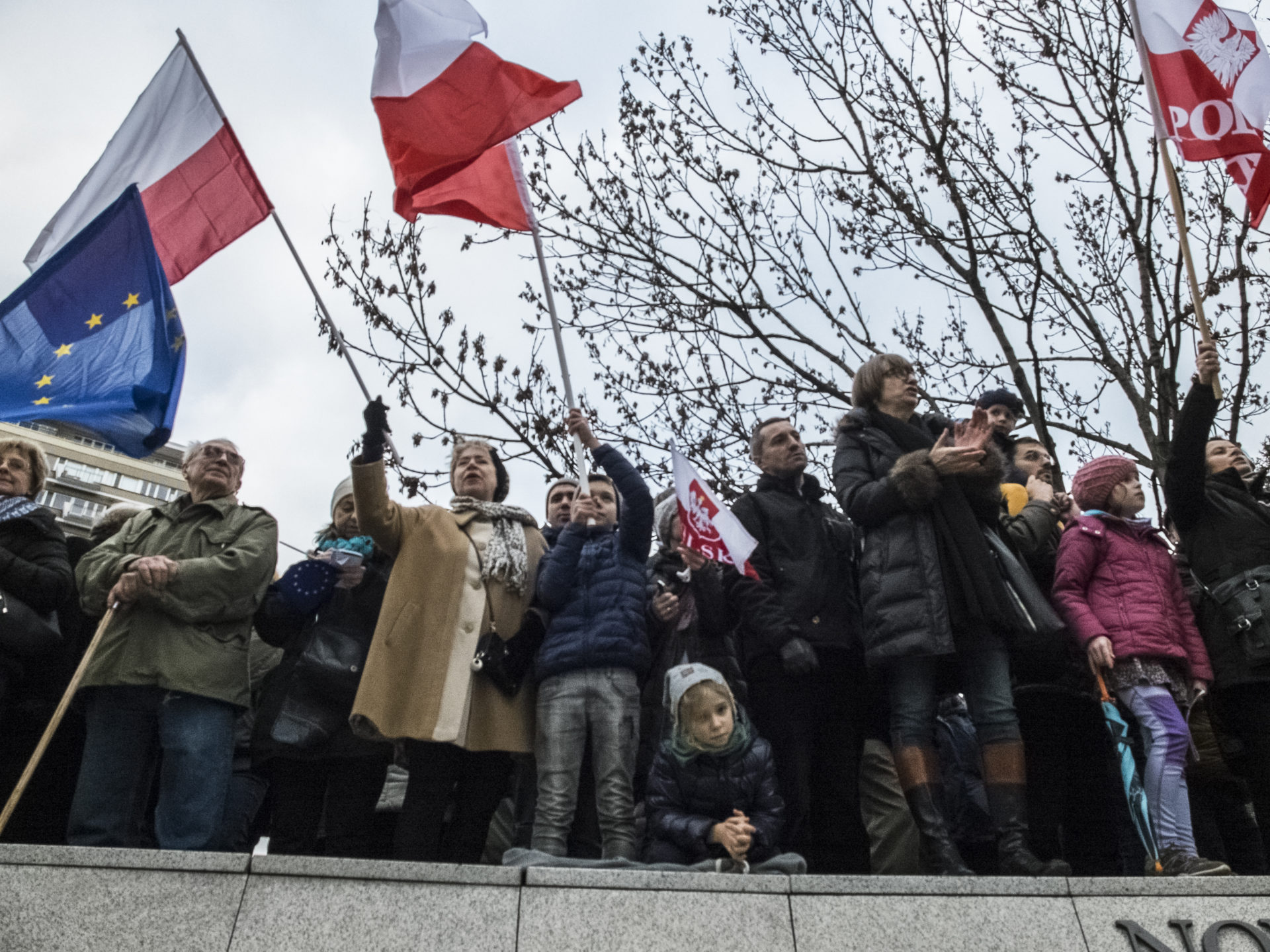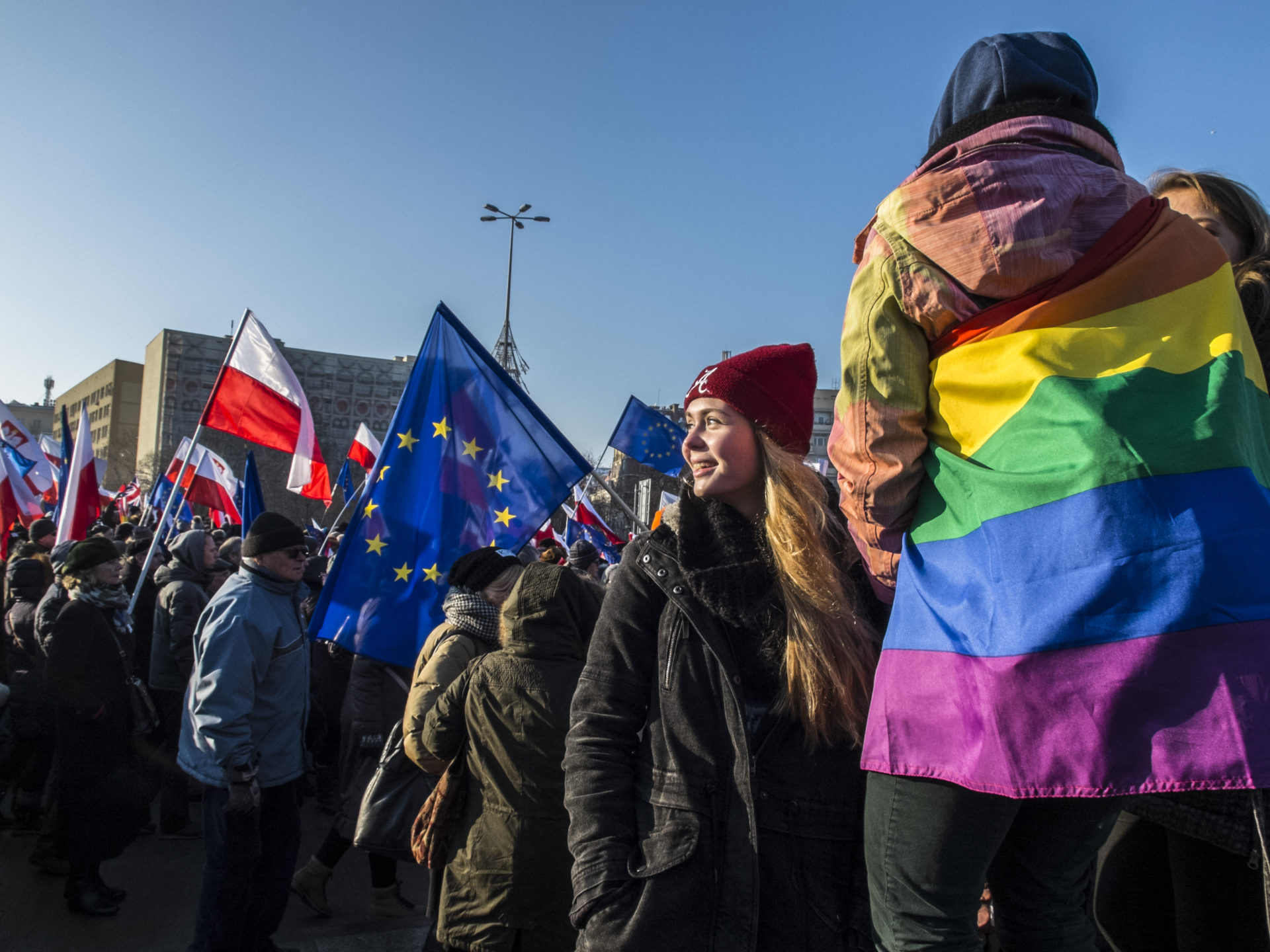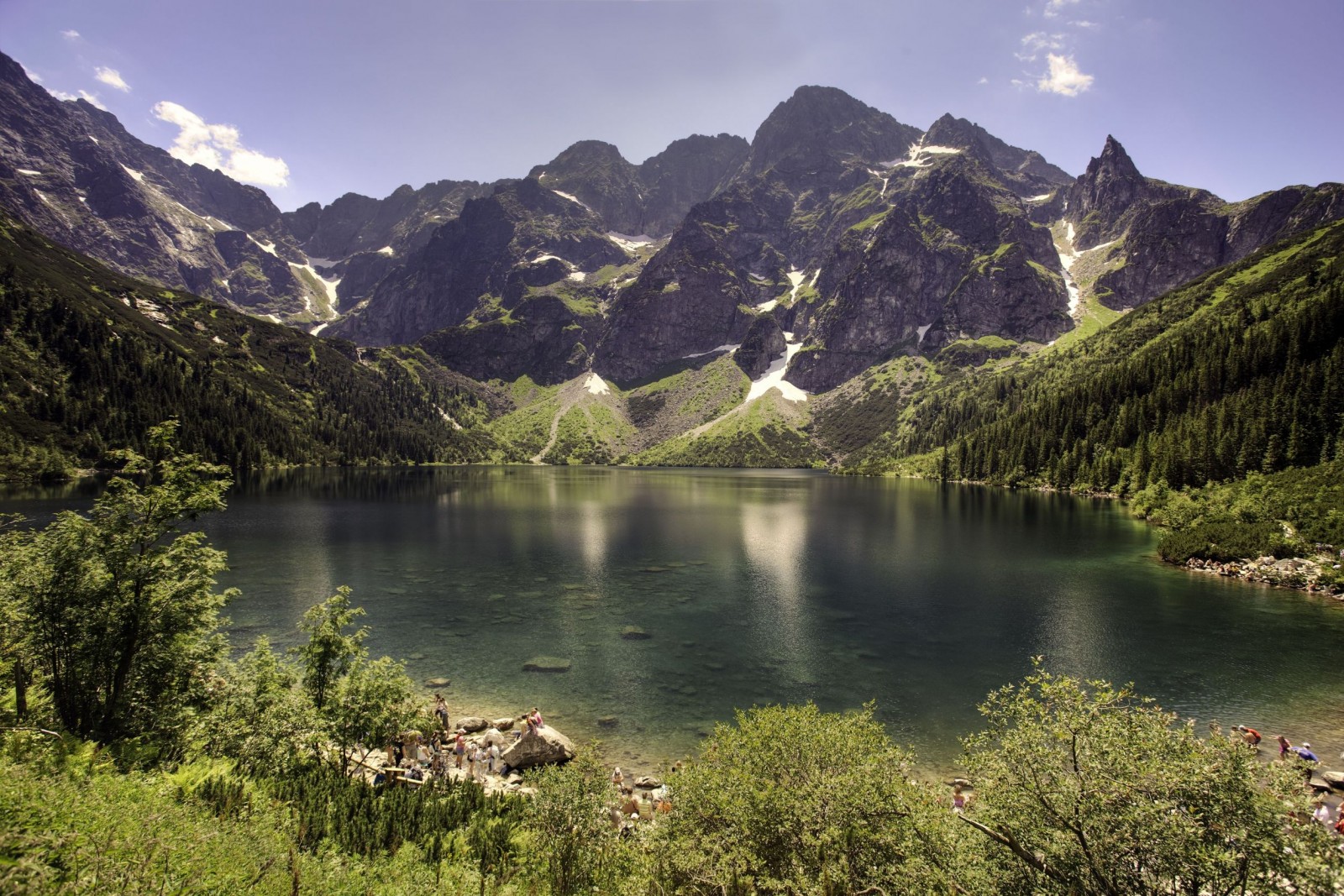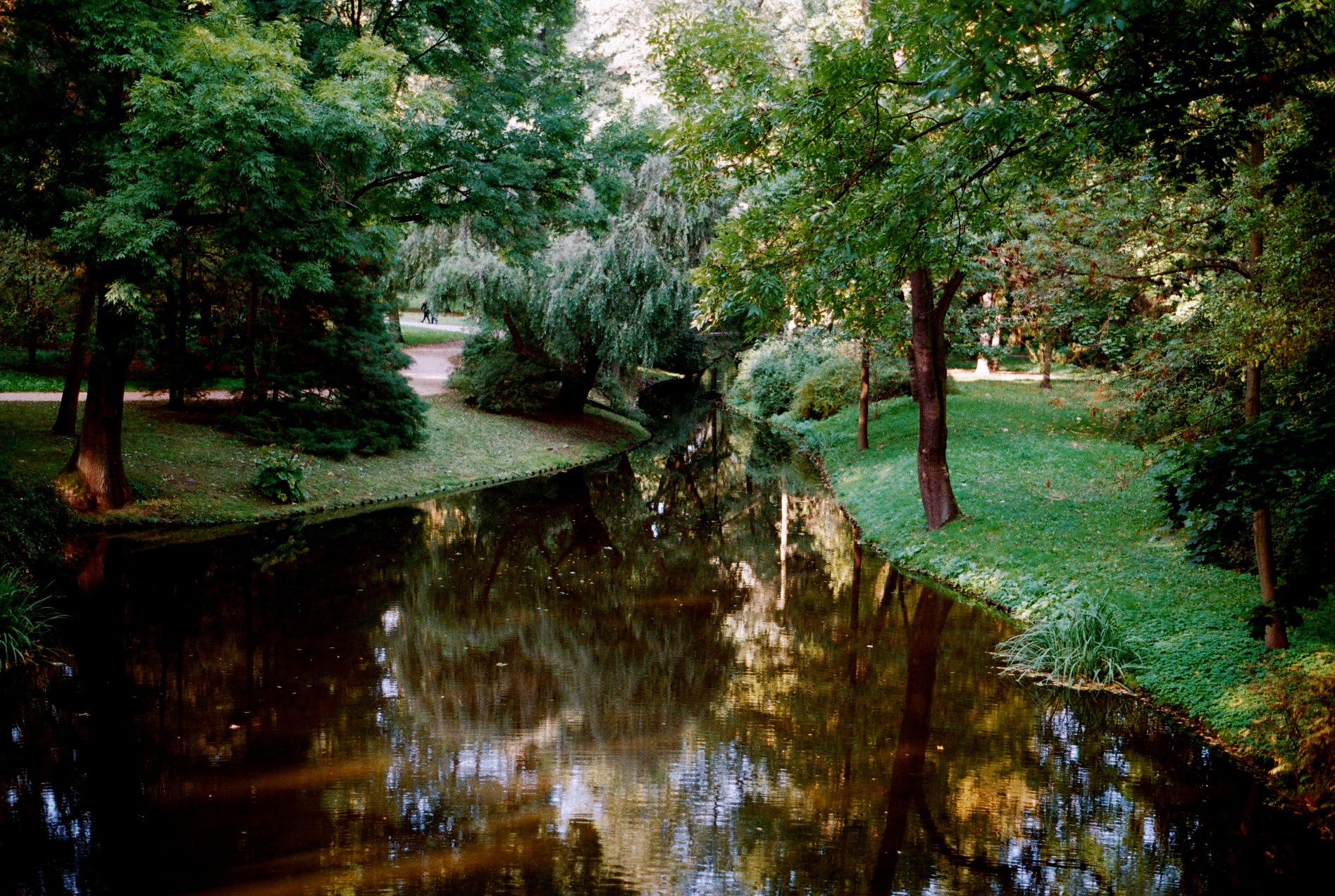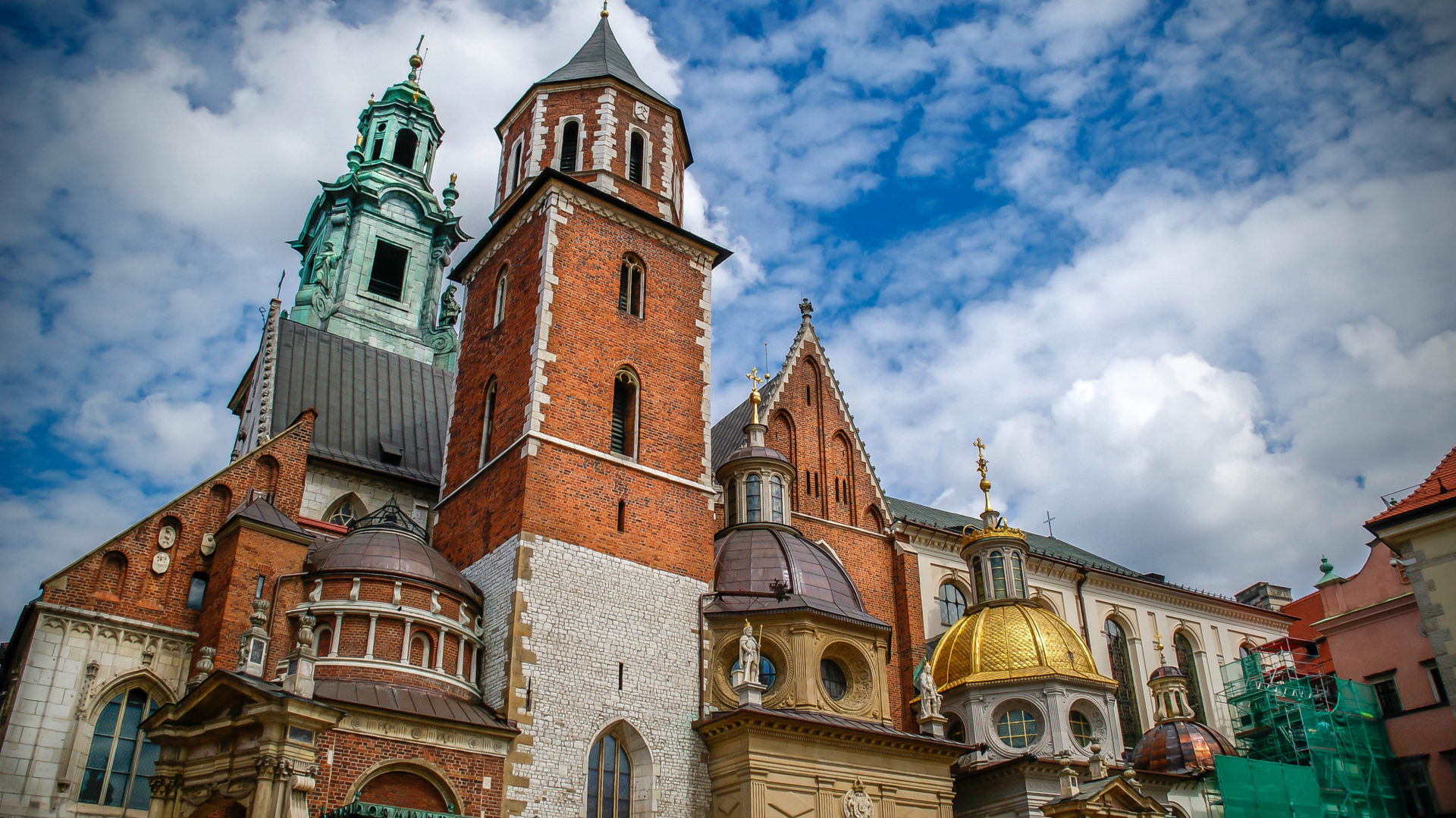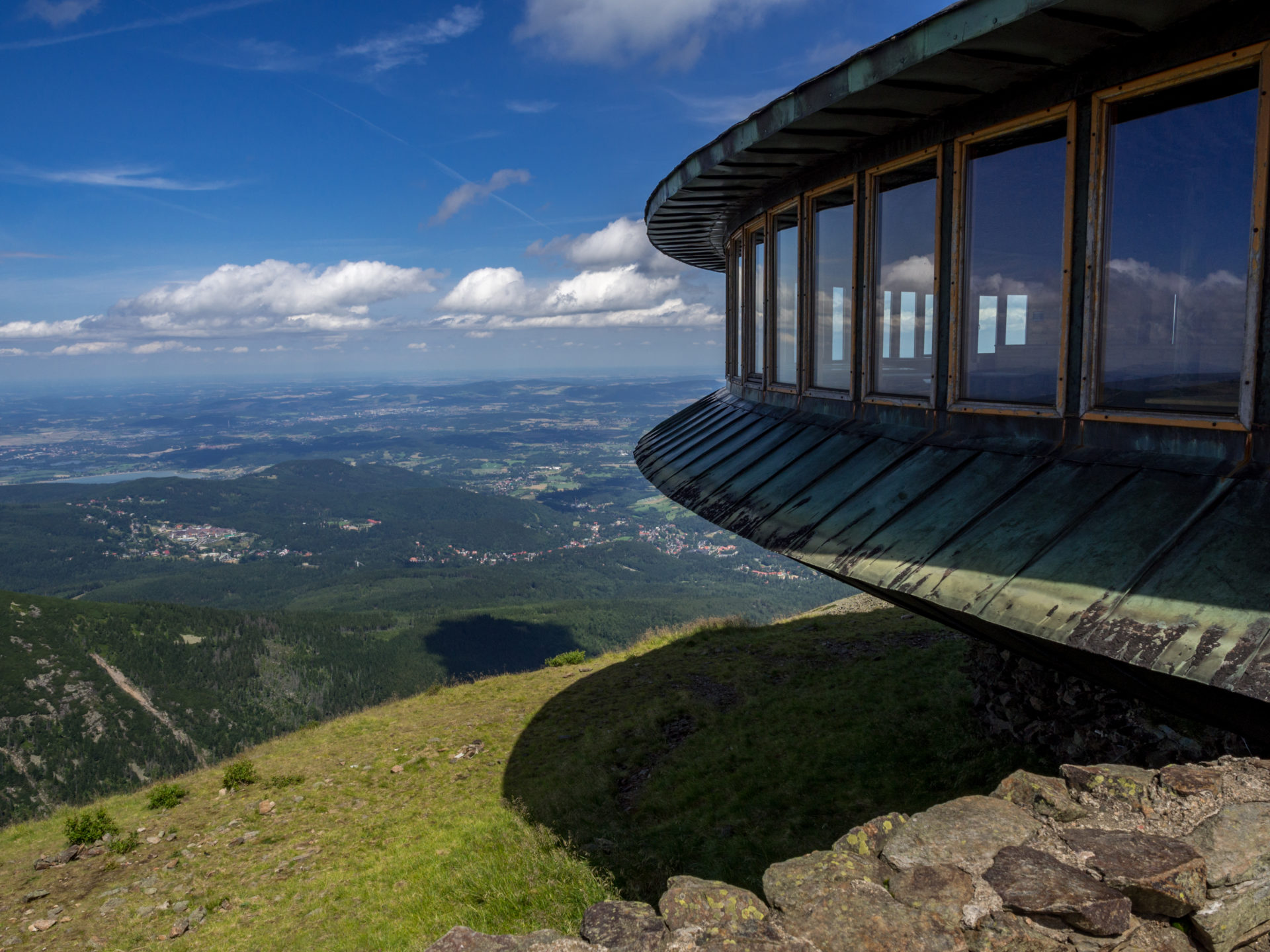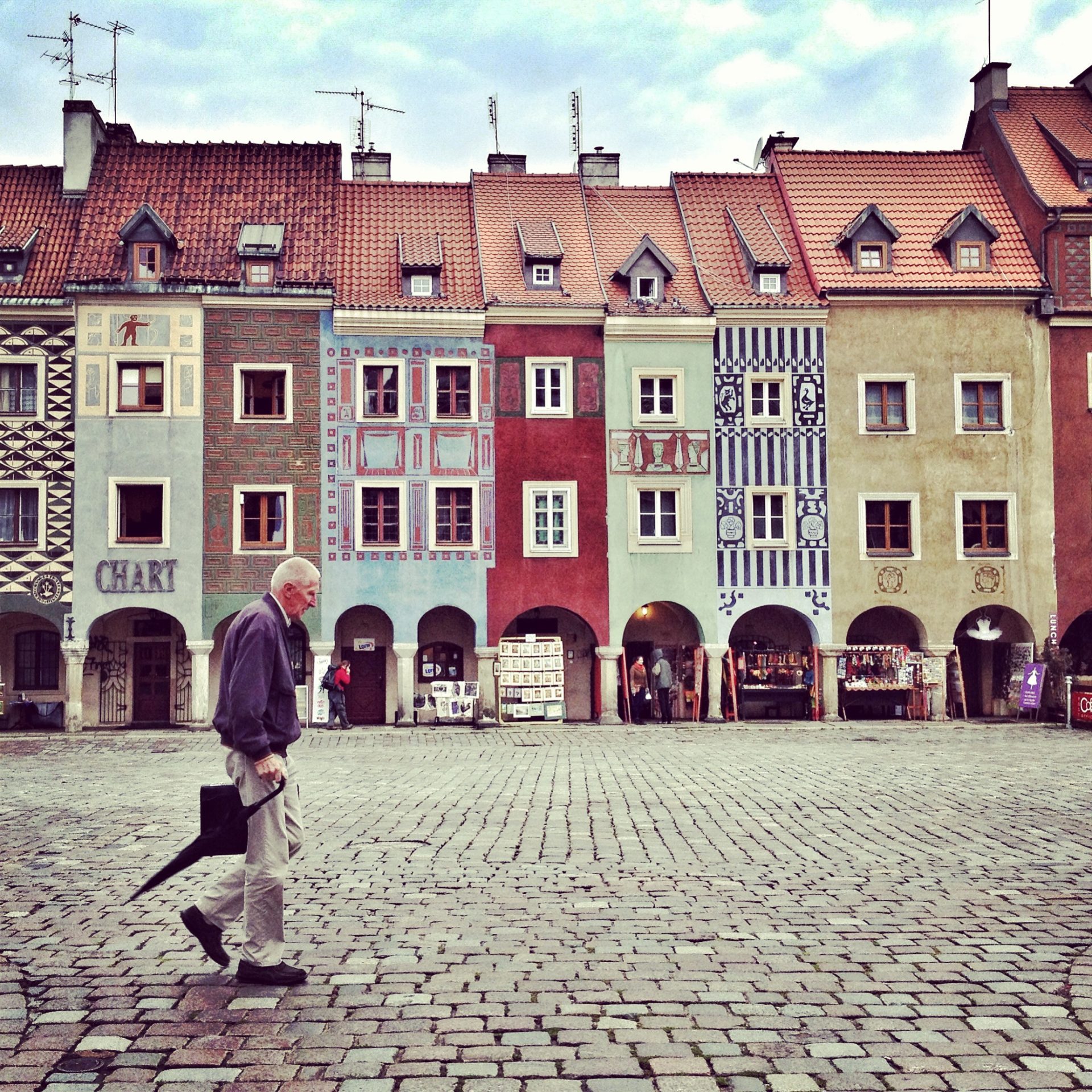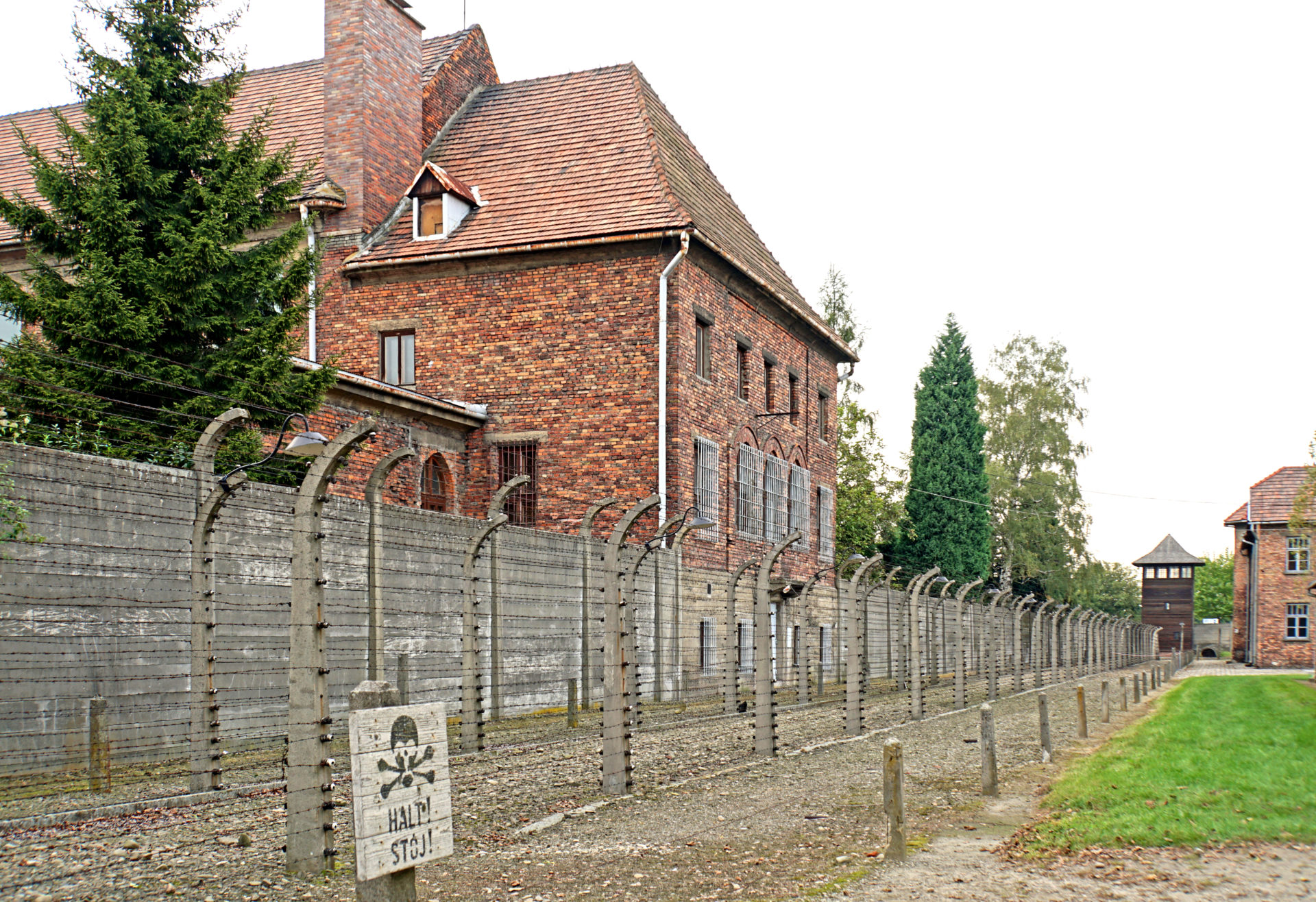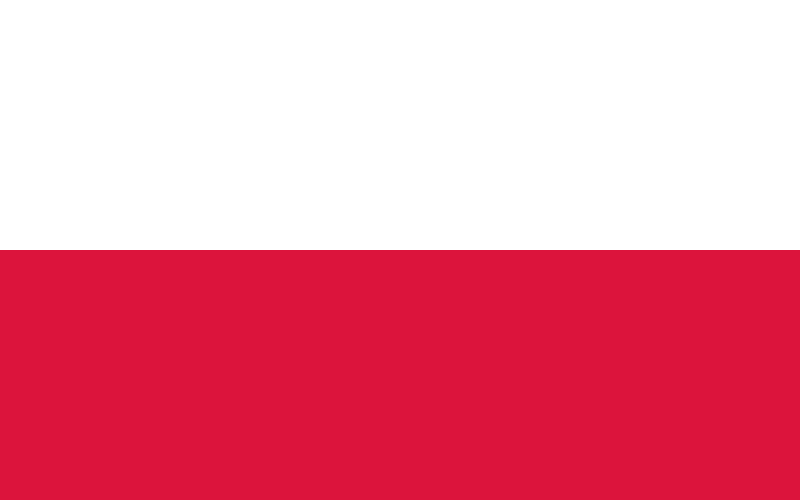
Poland
- Governance: Republic
- Capital: Warsaw
- Population: 38 million
- Religion: Catholic Christianity
- Language: Polish
- Location: Central Europe
- Democracy index: Free, 85/100
Poland has been a meeting point for people of different backgrounds for hundreds of years. The country boasts a rich and colourful culture, which is in style with the scenic surroundings of the country. However, traces of a fascinating yet tragic and turbulent history, continue to be visible in both rural and urban areas.
Since the fall of communism, Poland has almost exclusively had liberal conservative parties with strong European orientation. Nevertheless, this ended with the elections in 2015, when the value-conservative Law- and Justice party (PiS) was given supreme majority in parliament. The aim of the party is to change the old structures in the media sector, economic sector, state institutions and the courts.
Poland today
Poland experienced economic growth during the financial crisis in 2008. However, many Poles felt that the living standards and welfare system did not match the growth, and that the government did not take the challenges facing the country seriously. The election year 2015 became a crossroad for Polish politics. Conservative PiS won pure majority, leaving no room for any leftist in parliament. PiS won with using simple, populistic and direct messages about bringing positive change to the country: corruption would end, retirement plans would be improved and families with children would have better prospects.
The change of power provided the PiS-party total political control over the judiciary and fundamental rights such as, freedom of assembly, freedom of speech and of the press gradually became limited. In addition, the situation became more difficult for asylum seekers and refugees. The situation became so critical that the European Commission decided to activate Article 7 of the Lisbon Treaty, allowing dramatic sanctions to be imposed on Poland. In the worst case Poland may lose the right to vote in the EU.
NHC and Poland
The Norwegian Helsinki Committee (NHC) has had a close and warm relationship with the Polish Helsinki Committee. Without being actively engaged in projects on polish ground, the NHC has followed the development and is increasingly concerned about democratic principles being dismantled after the Hungarian model. As in Hungary, we look at this development in the area as connected and we work, in collaboration with polish organisations, to identify common features and to support those who fight against the eradication of democratic institutions. Our main focus is to strengthen local democracy, support human rights defenders and raise awareness that human rights concerns us all.
The NHC has recently sent an NGO-letter to EU ministers regarding the alarming developments in Poland. Read more about this matter here.
History
The first Polish empire was established in 1025. The country arose in around the 14th century when business was developed, and the empire also became an important centre for migration. A series of wars against Sweden, Russia and the Ottoman empire, combined with tendencies of isolation and trade decline, resulted in a recession. It all culminated with Poland being divided between Russia, Preussen and Austria in 1795. For this reason, Poland disappeared from the world map for more than 100 years.
The country resurrected after the first world war, but it was soon occupied by Germany and then the Soviet Union. Consequently, Poland became a soviet “satellite state” under Moscow’s political influence until 1989. The polish trade union, Solidarność, was established in 1980. The movement was led by Lech Wałęsa and had major influence on the events that led to the collapse of communism – not only in Poland – but in major parts of Eastern Europe. Wałęsa then became president in 1990, beginning a period of development aimed towards market economy and democracy.
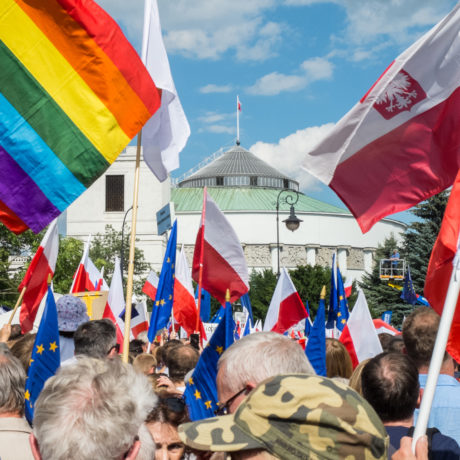
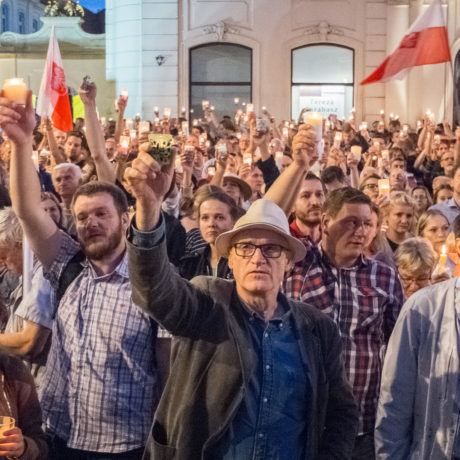
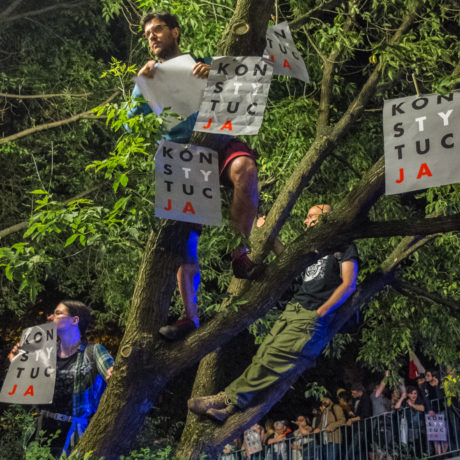
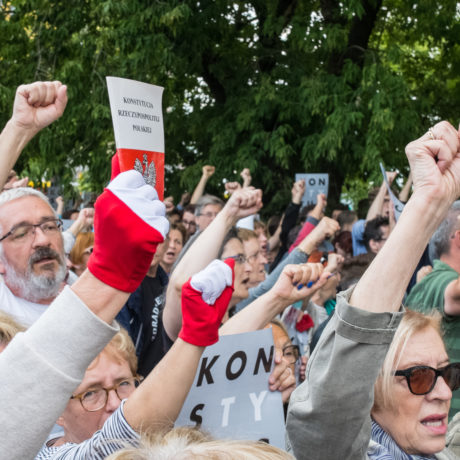
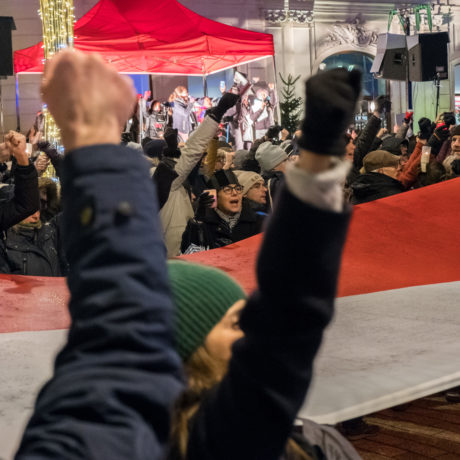
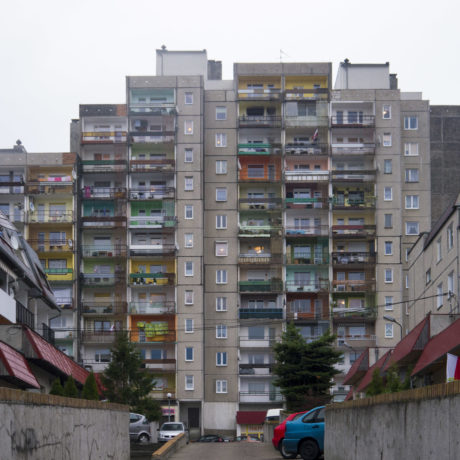
Timeline
- 1025: The Polish Empire was established
- 1795: Poland was divided
- 1918: The Polish republic established
- 1939-1945: World war second: German and Soviet invasion of Poland and repression of Poles
- 1947: Poland becomes a communist republic under Soviet influence and joins the Warsaw Pact
- 1980: Trade union Solidarność established
- 1989: Partially free elections, Solidarność wins·
- 1990: Lech Wałęsa becomes president
- 1999: NATO-membership
- 2004: EU-membership·
- 2010: President Lech Kaczynski dies in a plane crash on his way to Smolensk in Russia
- 2015: PiS wins the election
